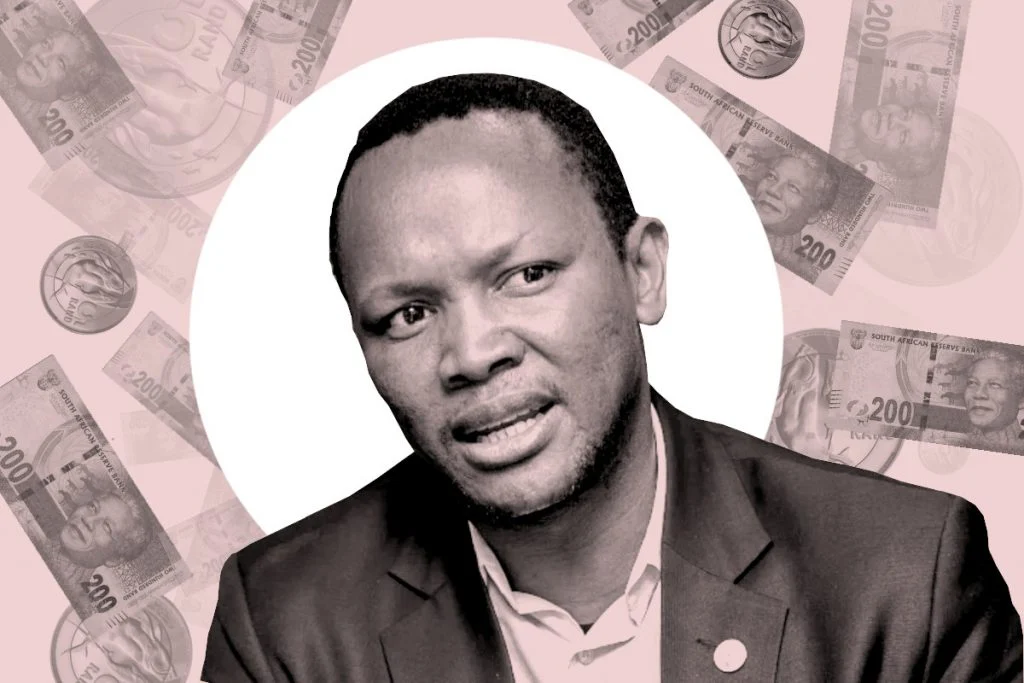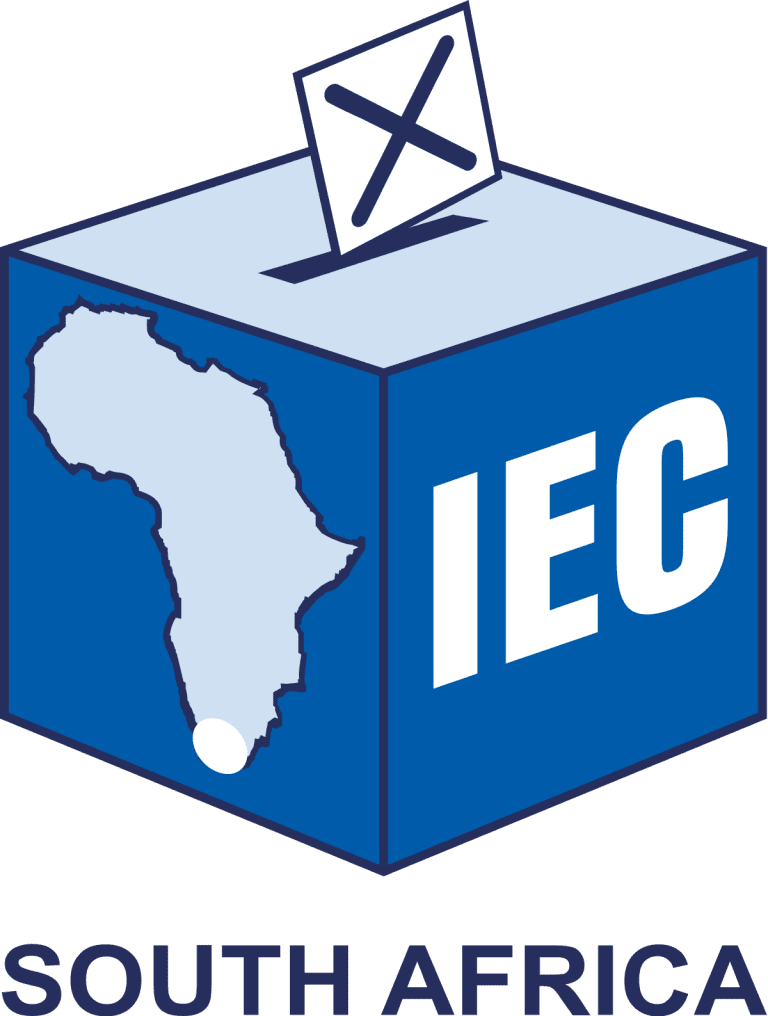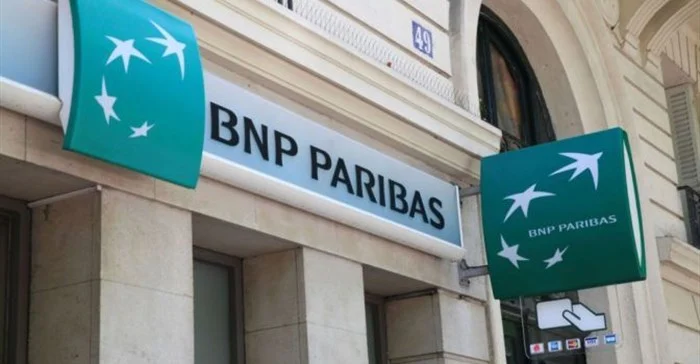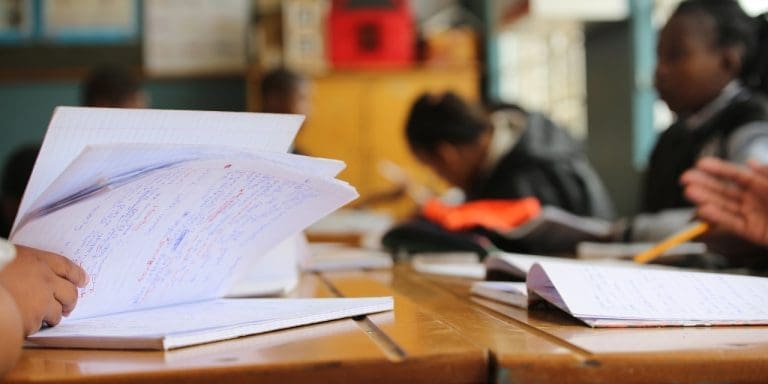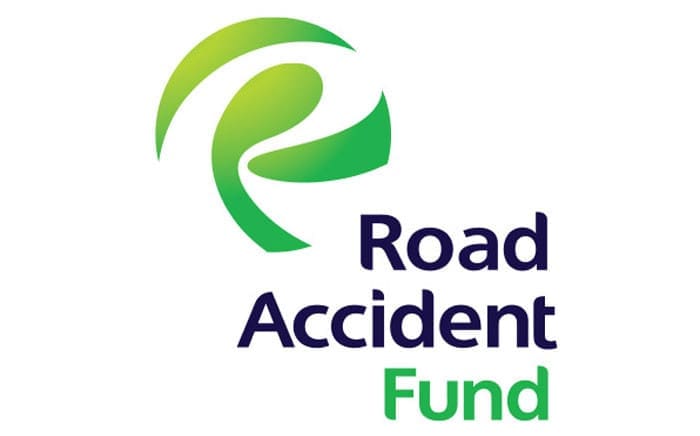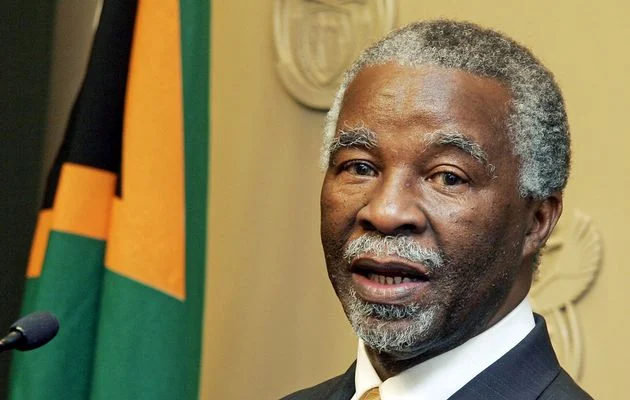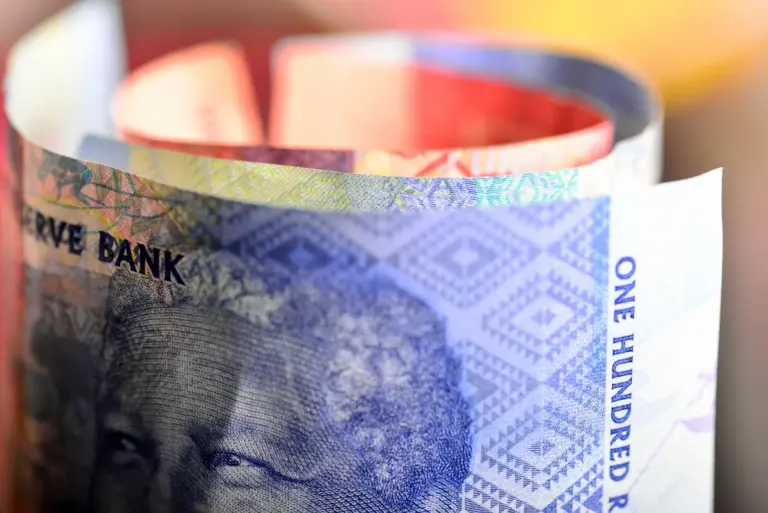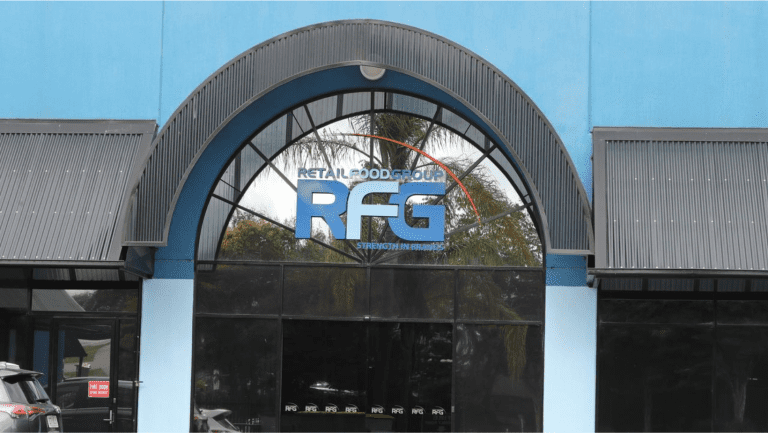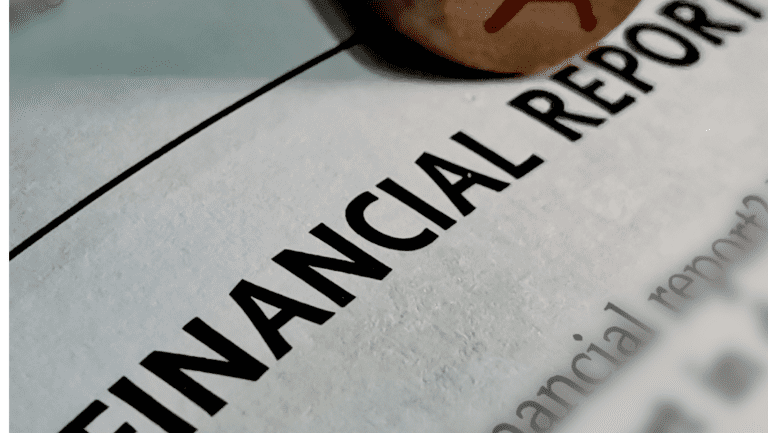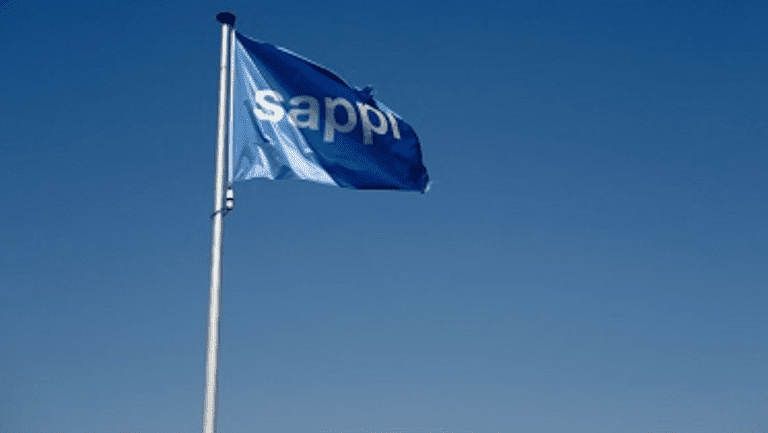In a legal saga that has captivated South Africa for years, Kenneth Nkosana Makate finds himself at the center of a David-and-Goliath struggle against telecommunications giant Vodacom. His quest for fair compensation for his “Please Call Me” idea has not only stirred legal debates but also holds the potential to reshape the country’s wealth landscape.
Recent revelations from court documents, obtained by MyBroadband, unveil the staggering amount Makate could receive from Vodacom: a jaw-dropping R29 billion. Such a windfall would catapult him into the upper echelons of South Africa’s wealthiest individuals, rubbing shoulders with industry titans like Motsepe, Oppenheimer, and Rupert.
The roots of this legal tussle trace back to Makate’s conception of a free missed-call service in 2001, which he pitched to his superiors at Vodacom. This service, later branded as Please Call Me, aimed to enable users to grab attention without incurring airtime costs. Despite Makate’s conceptualization, the actual implementation and patenting were attributed elsewhere.
Ari Kahn, a legal expert, had patented a similar service for another provider, MTN, preceding Vodacom’s launch. Nevertheless, Makate embarked on a protracted legal battle, asserting his rights to compensation for his brainchild.
Initially seeking R20 billion in restitution, Makate’s demands were met with resistance from Vodacom, which proposed significantly lower figures. However, court rulings have consistently favored Makate’s claims, culminating in a recent decision by the Supreme Court of Appeal mandating Vodacom to pay him between 5% and 7.5% of the service’s revenue over 18 years.
This landmark ruling places Makate on the brink of an unprecedented financial windfall, potentially ranking him among South Africa’s wealthiest elite. Even at the lower end of the compensation spectrum, R29 billion would secure his position as the country’s fifth richest individual, a remarkable feat for a man who merely shared an idea with his employer.
In the realm of South African wealth, Makate’s potential ascent to the uppermost stratum highlights the transformative power of innovation and legal advocacy. His story resonates with a populace grappling with economic disparities and underscores the importance of equitable remuneration for intellectual property.
As Vodacom contests the ruling in the Constitutional Court, the outcome of this legal showdown holds profound implications for the nation’s entrepreneurial spirit and the protection of innovation rights. Regardless of the final verdict, Kenneth Nkosana Makate’s pursuit of justice has left an indelible mark on South Africa’s legal and economic landscape, challenging the status quo and inspiring future generations of innovators.


